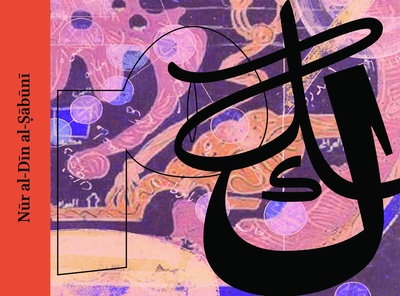
Nūr al-Dīn al-Ṣābūnī was a prominent jurist and theologian in Samarqand in the late 6th/12th century. His theological works are in the tradition of the Ḥanafite-Māturīdite current of Sunni kalām. In addition, al-Ṣābūnī’s argumentation reflects the increasing engagement of Māturīdite mutakallimūn with their wide intellectual-historical environment. His discussions with the famous scholar Fakhr al-Dīn al-Rāzī are attested.
In the present publication, Angelika Brodersen uses a text-critical edition of al-Ṣābūnī’s comprehensive theological work, the Kitāb al-Kifāya fī l-hidāya fī uṣūl al-dīn, to analyze, based on selected thematic examples, how both elements of Māturīdite theological tradition and transformation processes occur in al-Ṣābūnī’s work, which contributed to the consolidation of the Māturīdiyya as a Sunni school of thought.
Angelika Brodersen, Ph.D. (1996), University of Göttingen, researches at Bochum University on Abū Manṣūr al-Māturīdī and his followers. She has published text editions, articles, and the monograph Der unbekannte kalām. Theologische Positionen der frühen Māturīdīya am Beispiel der Attributenlehre (LIT, 2014).
Students and researchers in Islamic Studies, Religious Studies, and Islamic Theology concerned with the development of Sunni rational theology, as well as a broad readership interested in Islamic intellectual history, will find this publication of great interest.
Read more